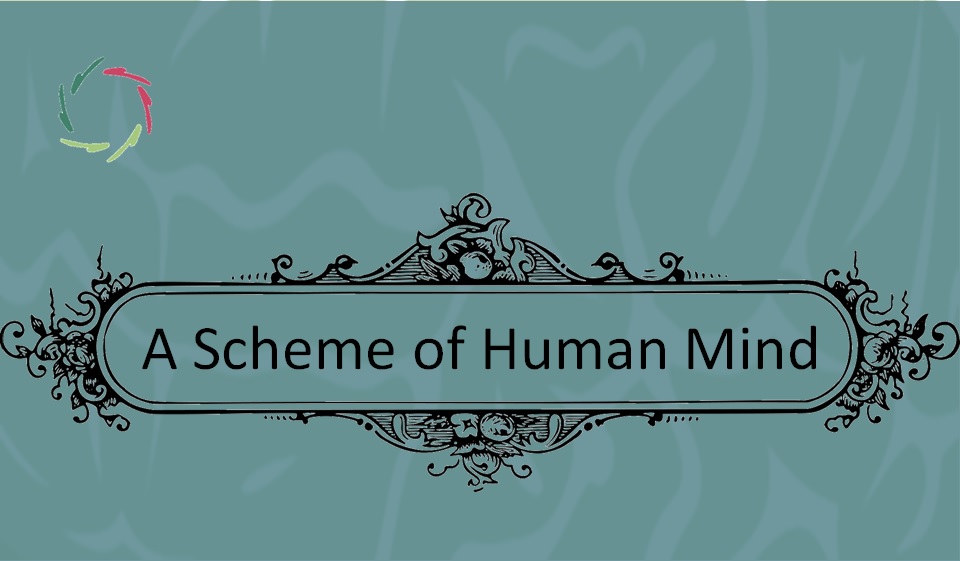Expansion of Consciousness

Curious how so many different worlds can live in one word
People talk often about expansion of consciousness as something that is quite the opposite from what is my understanding of it. At the very least, I think, it is interesting to clarify this distinction. Because AURELIS is about expansion of consciousness from a to z.
Preliminary remark: consciousness is good in what it does best.
Limitless rationality is also my worthy goal. However, rationality tells me that the conceptual thinking has its fundamental limits. Reality does not care of these limits. Why would it?
Expansion of consciousness is about beyond-the-conceptual.
Meaning 1
Expansion of consciousness as a raid into the realm of the ‘beyond’, in an attempt to take from it the essential.
A reduction. If needed then even a gross reduction, with the aim to maintain the conceptual picture.
This would be OKAY if the unconscious were something like a consciousness ‘behind the fence’. The latter is also the position of psychoanalysis for example. If something does not fit the bill, then one starts to pry, slice, chop … and wrongly calls this ‘conceptualizing’. A serious form of ‘conceptualizing is always quite critical and is constantly wondering what one can abstract in certain situations without tearing the emperor’s clothes and the consequences that go with that on all relevant levels.
Meaning 2
Expansion of consciousness as an opening up to what is very different in the unconscious. This is the basis of AURELIS.
The ‘other’ cannot be understood at a conceptual level, but it is real and it is even the most essential of what it means to be human.
It is pure symbolism, poetry, ‘mystique’ (well) … all things that are struggling to find their place in a purely conceptual whole.
In meaning 2, the emphasis of being-aware is on being. One consciously tries to ‘feel’ the being (or to ‘realize’ it, or whatever you want to call it).
In meaning 1, the emphasis is of being-aware is on aware. One is trying to imprison the ‘being’ in a merely conscious attitude.
Herein lies the opposite movement between both.
Meaning 1 wants to reduce ‘being’ to ‘conscious’
– even though it is of course very often portrayed differently.
Meaning 2 wants to extend ‘conscious’ to ‘being’
– although this is paradoxical if one does not bear in mind that the ‘conscious’ itself needs to change (‘grow’) fundamentally.
Meaning 1 looks like a very dead and also literally deadly affair to me. Without throwing stones at people who often do indeed mean well, I would like to say that a meaning 1- environment can literally gross me out, especially when I see that financial gain (or power, respect …) is the main driving factor. For 2 reasons:
1) it’s just awful in itself;
2) It prevents seriously thinking people to deal with, or to be able to make their mark in what it indeed really is about.
This latter is already more than difficult enough.


